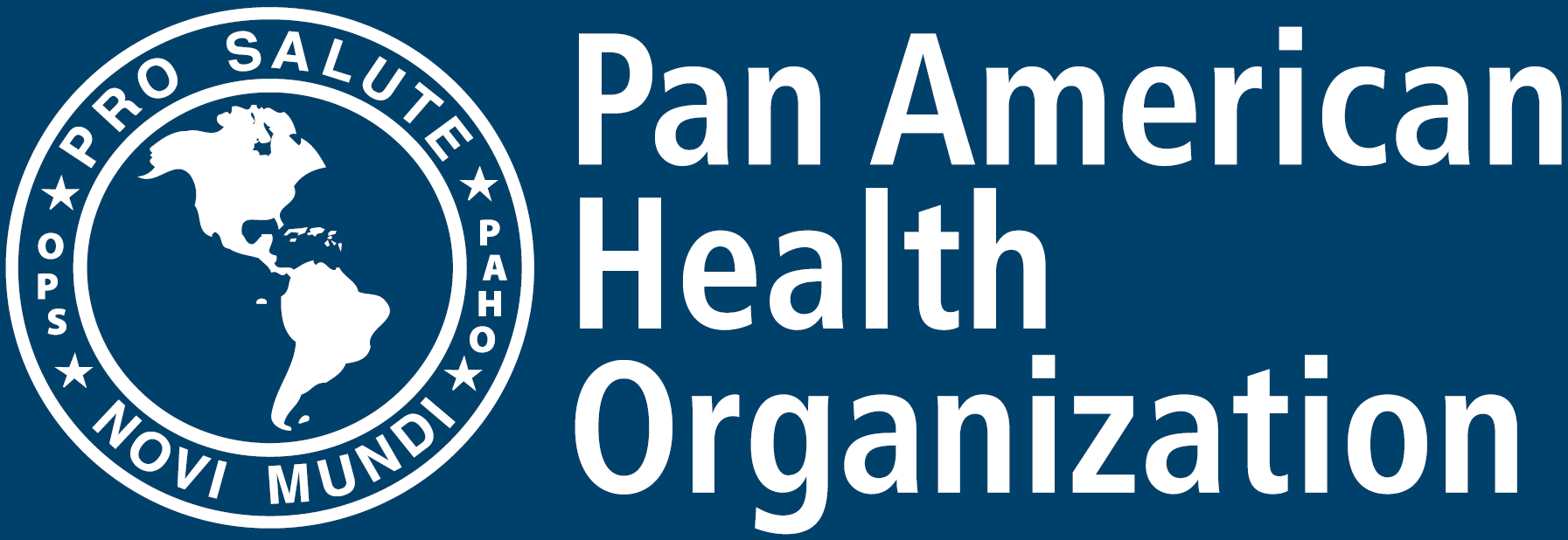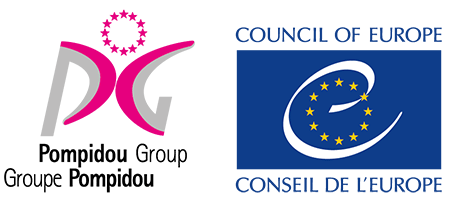Development of postgraduate education and training of medical doctors on prevention and management of substance use disorders based on WHO Guide and Core Competencies Framework for Medical Doctors Working with Substance Use Disorders (GCF-SUD)
In many countries, human resources to provide services for people with substance use disorders (SUD) are scarce and access to quality education and training is limited. According to WHO ATLAS-SU, 33% of countries report no postgraduate training programmes in the area of SUDs, and 10% of countries report the lack of any educational programmes in the area of SUD. Even when this education is available, it is often limited to short-cycle trainings and varies widely in quality, and the diversification of psychoactive substances used with non-medical purposes and emergence of a variety of potent synthetic drugs are not always properly reflected in the education and training programs of health professionals, and their ability to address synthetic drug use in their clients is often limited. A sustainable approach to address the issue is to make quality education in prevention and treatment of SUD a part of post-graduate and continuous education for health professionals, and particularly – medical doctors.
Competency-based education (CBE) is an outcomes-based approach to learning that situates knowledge and skills in the context of practice and the health services provided. Acknowledging the need for CBE, WHO has invested in producing core competencies frameworks for variety of health professionals, including Guide and Core Competencies Framework for Professionals Addressing Substance Use Disorders (GCF-SUD) to facilitate strategic actions to develop required workforces in the area.
Building upon WHO Global Strategy on Human Resources for Health, WHO Global Competency and Outcome Framework for UHC and other WHO core competencies frameworks, the initiative will embark upon implementation of the WHO Guide and Core Competencies Framework for Medical Professionals Working with Substance Use Disorders (GCF-SUD) to assist Member States in improving continuous education of medical doctors in the area of SUD care.
Global Competency and Outcomes Framework for Universal Health Coverage
The work on the GCF-SUD has started in 2022 and covered following steps: conceptualization and outlining (defining the key components and identifying material to inform the guidance, based on previous scoping and interviewing); consultation and revision (consulting with experts and key stakeholders to refine the outline and further identify key needs and uses for the guidance). Currently the GCF-SUD is at the stage of drafting and finalizing, pawing the way to piloting and implementation in 2024.
a) adaptation of the WHO Guide and Core Competencies Framework for Medical Doctors Working with Substance Use Disorders (GCF-SUD) into national context; b) capacity building and technical support of the relevant staff of educational institutions and professional associations on development of postgraduate education and training on prevention and management of substance use disorders for medical doctors; c) ongoing remote and field-based technical support to universities or other relevant entities/bodies on integration of GSF-SUD into national curricula.
Further improvement of WHO Guide and Core Competencies Framework for Medical Doctors Working with Substance Use Disorders (GCF-SUD) and its adaptation for use in different settings and regions.
(a) improved capacity of personnel responsible for planning and implementation of post-graduate medical education; b) introduction or further development of specialization programs for medical doctors (psychiatry, addiction psychiatry or addiction medicine); c) introduction or further development of structured postgraduate training courses for medical doctors of different specialties (infectious diseases, child and adolescent health, emergency medicine, toxicology etc); d) adaptation of technical guidance and materials to national context; (e) revised national programs and, whenever feasible, curricula on postgraduate education and training on prevention and management of substance use disorders for medical doctors.
Current State Participants
New initiative
Vladimir Poznyak (poznyakv [at] who [dot] int (poznyakv[at]who[dot]int)) or Dzmitry Krupchanka (krupchankad [at] who [dot] int (krupchankad[at]who[dot]int))




